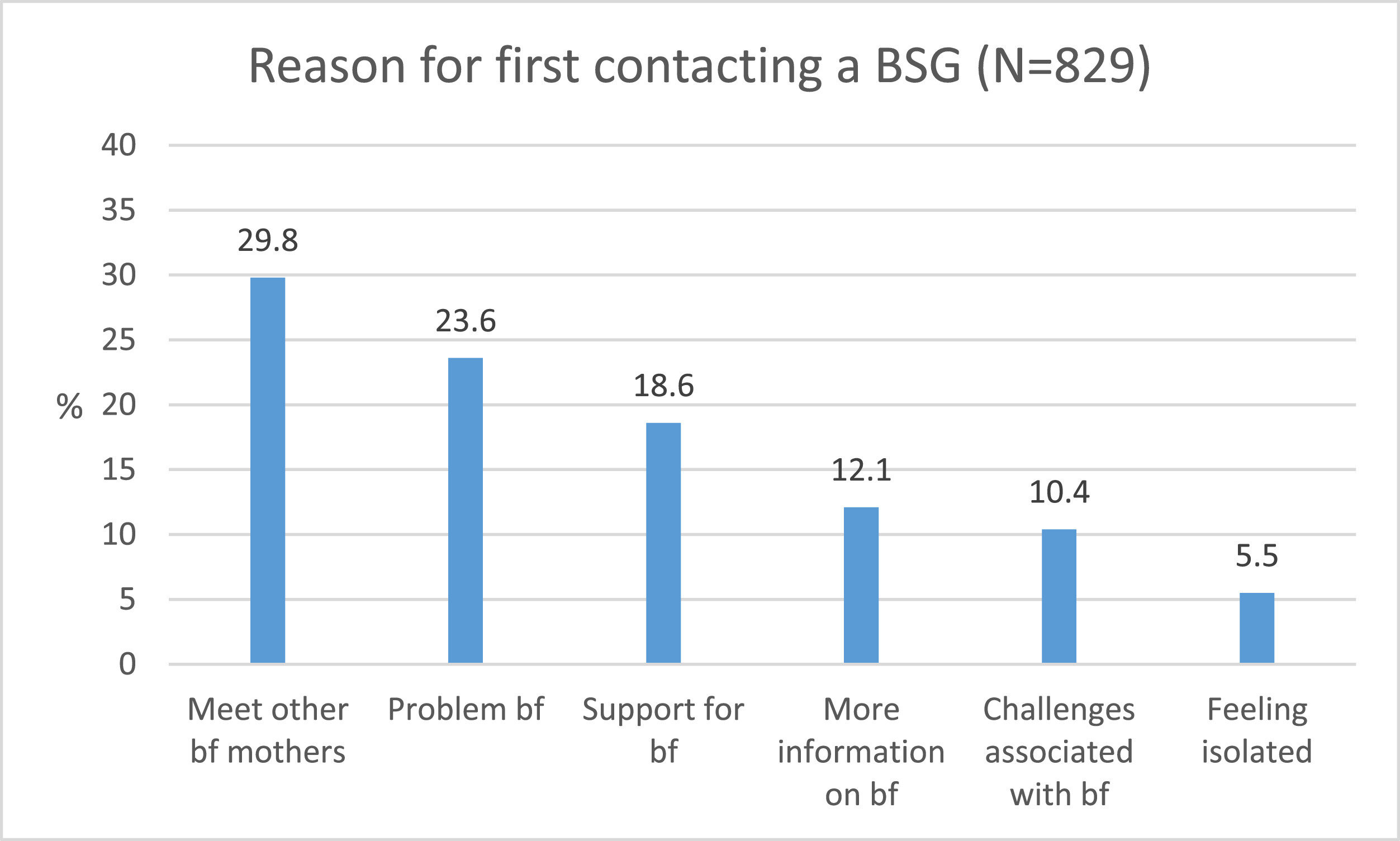A groundbreaking article published in the leading psychiatry journal World Psychiatry challenges the traditional approach to diagnosing neurodivergent conditions (also known as “neurodevelopmental disorders” in the medical literature), such as autism, ADHD, and learning disabilities. The research introduces a new transdiagnostic framework that views these conditions as points on a spectrum rather than distinct categories and recognizes their frequent overlap with mental health challenges, such as depression and anxiety.
Approximately 15% of the global population is neurodivergent, often experiencing multiple conditions simultaneously. Current diagnostic systems, like the DSM-5 and ICD-11, separate these conditions into distinct categories (or “labels”), overlooking their shared characteristics and complex interplay. Leading an international group of experts in the field, Dr Giorgia Michelini (Lecturer in Psychology at Queen Mary University of London) proposes a more holistic approach, focusing on their commonalities.
“By recognizing the overlapping features of neurodivergent conditions, we can develop a more accurate and comprehensive understanding of their diverse manifestations,” said Dr Michelini. “This new perspective has the potential to revolutionize how we identify, assess, and support the mental health needs of neurodivergent individuals.”
The study introduces the concept of a “neurodevelopmental spectrum,” which encompasses the shared characteristics of various neurodivergent conditions. This approach acknowledges that individuals vary in the degree to which they exhibit these characteristics, allowing for a more nuanced and personalized assessment. It also provides a better way to identify and support additional mental health challenges, which affect the majority of neurodivergent people.
“Moving beyond rigid diagnostic labels will enable clinicians to provide more tailored support and interventions for the wide range of difficulties experienced by neurodivergent people,” explained Dr Michelini. “By focusing on an individual’s unique strengths and challenges, we can improve their overall well-being and quality of life.”
This research marks a significant step forward in the field of neurodiversity and mental health. By challenging the status quo and offering a fresh perspective, Dr Michelini’s work has the potential to transform the lives of millions of neurodivergent individuals.



